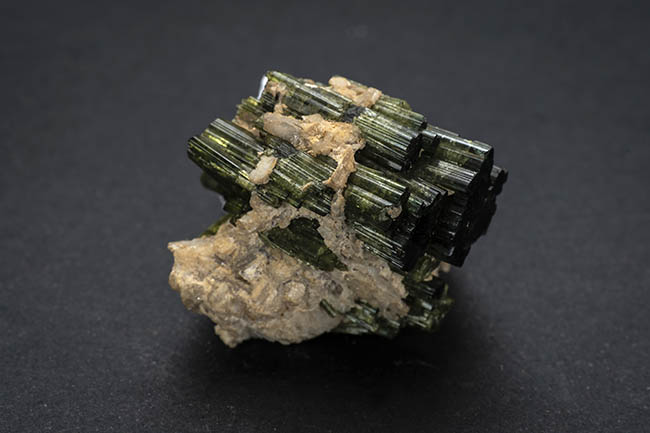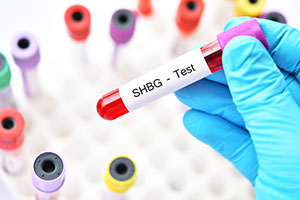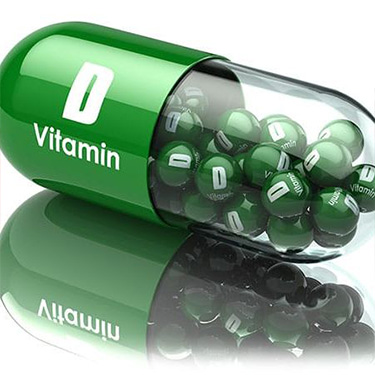
Everyday Chemicals Are Screwing Up Your Testosterone
You may have already read my other article on 7 habits which are killing your testosterone. There was a section in that on Water because

Boron is a crucial trace mineral which aids in boosting free testosterone, blocking excess estrogen, increasing muscle and bone strength, improving mental clarity, improving muscle coordination, decreasing inflammation and treating arthritis.
Interestingly, there is no current RDA set but thanks to a plethora of scientific case studies we do know that supplementation should be in the range of 3 – 10 mg depending on your personal goals.
It’s also important to note that due to soil degradation, deficiency levels are surprisingly high and increasing at a rapid rate.
Boron is not found in significant proportions of most foods. For instance, avocados are one of the few prevalent sources, yet a whole cup of avocado provides just 1.7 mg.
If your goal is to boost your testosterone levels, you would want to eat around 5 avocados every day to see any significant benefit from it, if that was your only source.

Boron’s effect on free testosterone is nothing short of extraordinary.
Human Case Study 1
In a recent scientific study, 10 mg of boron was given to healthy male volunteers, aged 18 – 29, every day for 7 consecutive days to test for plasma steroid hormones.
At the end of the study, researchers found that free testosterone levels increased a whopping 28.3% (1)
Human Case Study 2
Another study on 13 participants with clinically diagnosed, low levels of Vitamin D were given 6 mgs of boron from calcium fructoborate for 60 days.
The study was intended to discover if boron supplementation would increase vitamin d levels but the participants were also tested for several other markers as well including testosterone.
At the end of the study the participants saw their DHEA levels increase on average by incredible 56% and an astounding 29.5% average boost in free testosterone levels! (2)

If you noticed, I said free testosterone levels increased. However, total testosterone levels did not take a statistically significant jump. So, what gives?
Boron has been found to reduce SHBG (sex hormone binding globulin) in the blood which may be at the core of its testosterone boost capabilities. (1)
The primary job of SHBG is to bind to sex hormones and prevent their effects.
That may sound odd but there is a reason for it and it does its job well. However, it can be annoying as it also has a limited benefit and the more you raise testosterone the more of it finds itself bound to SHBG.
By reducing the amount of SHBG, you increase the amount of free testosterone available to do what it does best, build muscle and increase strength!
In other words, boron appears to maximize what your body can do with the testosterone it’s already producing.
In the above mentioned study (human case study 1) where men were given 10 mg of boron daily, their estrogen levels were also checked and the participants saw their estrogen levels decrease by and incredible average of -39%. (1)

In our mentioned human case study 2, the main point of the research was to discover if supplementing with boron would increase vitamin D levels.
Sure enough the researchers discovered vitamin D levels increased in the participants by 19.6%.
This is really big because vitamin D is at historic deficiency levels in men now and D is well regarded testosterone booster.
Most benefits from boron supplementation have been seen within the range of 3 – 10 mg daily and it is considered generally safe at or below 20 mgs per day. (3)
I personally recommend taking 10 mgs per day to maximize your testosterone levels as that amount has shown the most benefit in the human case studies.
Alpha Wolf Nutrition’s natural testosterone booster Force X7 includes 10 mgs of boron in its formulation!
References:

You may have already read my other article on 7 habits which are killing your testosterone. There was a section in that on Water because

Rhodiola Rosea stands out as a potent adaptogenic herb with a rich history of traditional use and a growing body of scientific research. Revered for

In this comprehensive article, we will explore what L-tyrosine is, its benefits as a pre-workout supplement, the correct dosage, and other potential health benefits it

Betaine anhydrous is becoming an increasingly popular ingredient for pre-workouts. In this article, we will explore the fundamentals of betaine anhydrous, its connection to carnosine,

Beta-alanine is a pre-workout powerhouse. From boosting workout performance to potential anti-aging effects, discover why this amino acid is a favorite among health buffs.

You may have already read my other article on 7 habits which are killing your testosterone. There was a section in that on Water because

Rhodiola Rosea stands out as a potent adaptogenic herb with a rich history of traditional use and a growing body of scientific research. Revered for

In this comprehensive article, we will explore what L-tyrosine is, its benefits as a pre-workout supplement, the correct dosage, and other potential health benefits it
Discount Applied Successfully!
Your savings have been added to the cart.